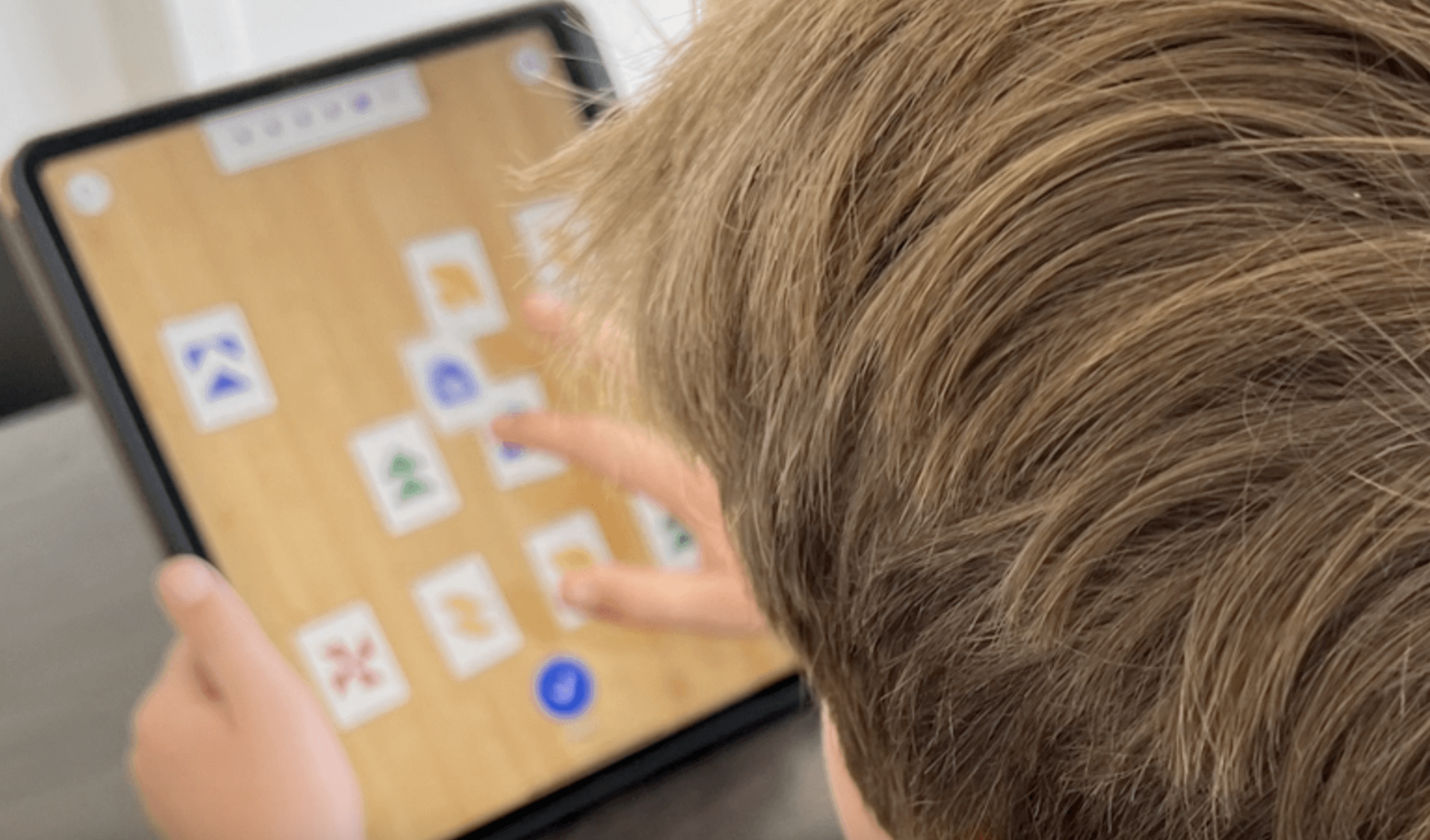An update on the Austin Assessment App – A screening tool for identifying children with brain based visual difficulties.
The Austin Assessment App is now one step closer to being launched as a screening tool for cerebral visual impairment (or brain based visual impairment) related visual issues. The Austin Assessment website officially went live on May 9th, 2023. Although it may seem like only a small step, the launch of this website and the app mark important milestones in the project as they will hopefully contribute to a significant shift in the way these visual issues are identified in New Zealand and around the world.
The prevalence rate of cerebral visual impairment (CVI) is at least 3.4% of children in mainstream education (at least one child in every classroom). However, despite an increased awareness of these rates, the numbers of children who have been diagnosed with CVI related visual issues have remained unchanged. A potential explanation for this could be the challenges practitioners face in firstly identifying children that may have CVI related visual issues and secondly, in diagnosing them.
Currently, New Zealand children undergo vision screening at age four as part of the B4 school vision and hearing check. However, as the main focus of this screening is on visual acuity, children with CVI related visual issues are unlikely to be identified, especially if they have typical visual acuity (meaning they can read to the bottom of the eye chart). Unidentified visual issues can cause significant learning difficulties for a child, and this can be even more problematic when it isn’t obvious to parents and teachers what the visual issue is. Most of us would be able to recognise that a child may need to have their vision checked if they started sitting very close to the whiteboard or holding a book very close to their face, but would many of us recognise a potential visual issue based in these indicators:
- a child appearing to not pay attention,
- a child struggling to stay focused,
- a child who is easily distracted,
- a child who is overly sensitive and startles often,
- a child who struggles with friendships and is socially withdrawn.
Alongside these indicators, the research has also highlighted that 80% of children with CVI related visual issues are experiencing learning difficulties in school. The Austin Assessment App is being developed to identify these children so that supports can be put into place to help reduce the impact of these visual issues on their learning.
Over the last couple of years, as the developer of the Austin Assessment App, I have been working towards preparing the App for public launch. This has included conducting validation research to help validate the Austin Assessment as an effective screening tool for CVI related visual issues, establishing the Austin McDowell Foundation – a charitable trust to support the distribution of the Austin Assessment App, and developing the Austin Assessment website. For the validation research, I assessed over 900 children aged between 5-18 from all around New Zealand. These assessments helped to establish thresholds for the three variables the app measures in the age groupings of 5-8, 9-12 and 13-18. If these thresholds are met when a child completes the assessment in the Austin Assessment App, it indicates that the child potentially has CVI related visual issues and needs further assessment with an eye specialist to confirm this.
Once a child has completed an assessment, their parents or teachers can refer to the Austin Assessment website for that important ‘so what, now what’ information. The website covers what is CVI, how to support a child with CVI, how the Austin Assessment works and also information about the Austin McDowell Foundation. It is really important to me that parents and teachers always have a next step on their CVI journey, and the Austin McDowell Foundation has partnered with CVI Scotland to make sure information is readily available with multiple options for accessing relevant information.
The next milestone will be the official launch of the Austin Assessment Apps for use in New Zealand and around the world. The Austin McDowell Foundation has been working closely with Springload, a Wellington based digital design company to create two apps – one for personal use and one for professional use. Springload are currently conducting user research interviews to ensure the apps have everything that users need. We expect the two apps will be launched later this year, hopefully August. The validation research shows that the Austin Assessment App is 97% accurate in identifying when a child does not have a visual issue and 97.1% accurate in identifying when they do have a visual issue so I am confident the app is going to help bring about the change that is needed to improve the lives of the thousands of children in New Zealand with CVI related visual issues.
--------------------------------------------------------------------------------------------------------------------------
Dr Nicola McDowell
Dr Nicola McDowell is a senior lecturer in the Institute of Education at Massey University, New Zealand. She is the Blind and Low Vision endorsement and Accessibility coordinator on the Specialist Teaching Programme. For her doctoral research, Nicola developed the CVI practice framework as an approach for supporting children with cerebral visual impairment (CVI) that can be used within an education or rehabilitation context. Nicola’s other research focuses include supporting students with learning needs to have equal access and equal opportunities for success within their educational environment. Also, issues related to empowerment of those with disabilities and their whānau / caregivers.


